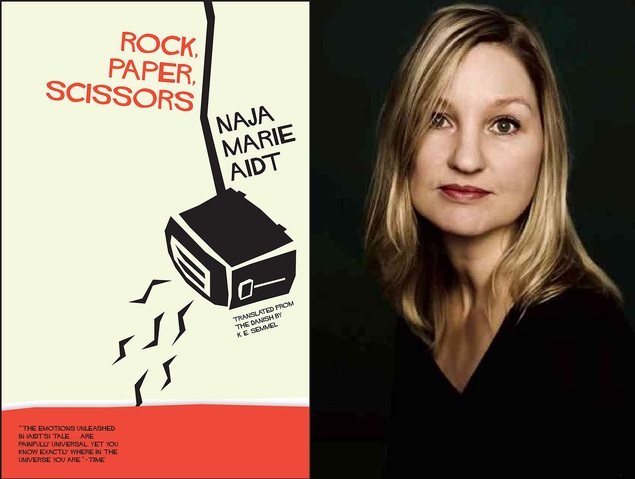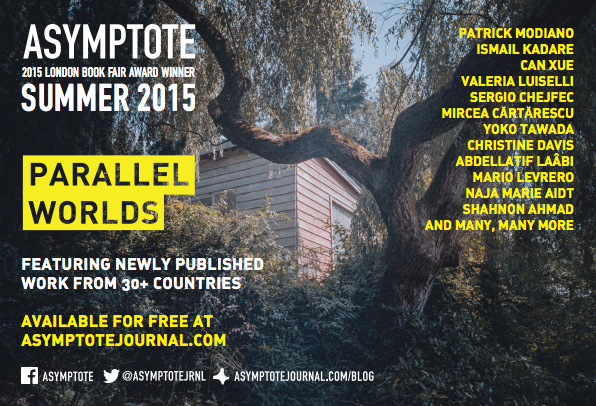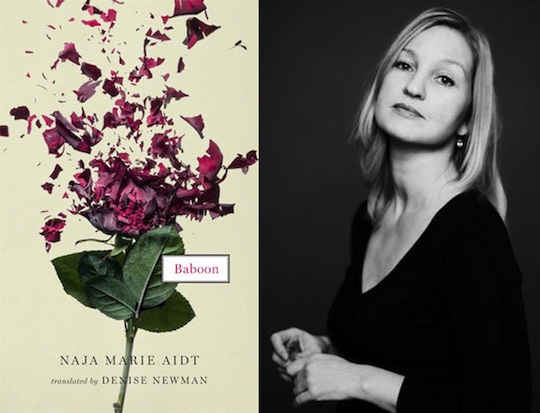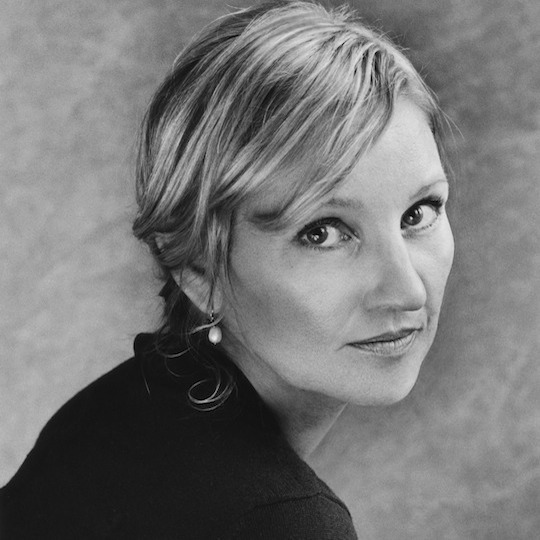K. E. Semmel is a writer and translator whose work has appeared in Ontario Review, Washington Post, World Literature Today, Southern Review, Subtropics, and elsewhere. His translations include books by Naja Marie Aidt, Karin Fossum, Erik Valeur, Jussi Adler Olsen, Simon Fruelund and, forthcoming in winter 2016, Jesper Bugge Kold. He is a recipient of numerous grants from the Danish Arts Foundation and is a 2016 NEA Literary Translation Fellow.
***
Who are you? What do you translate?
First, thank you for asking me to do this interview. I’ve started an interview series with the Santa Fe Writers Project (SFWP) called “Translator’s Cut,” in which I travel the globe, so to speak, interviewing translators about their work. So I’m more used to being on the opposite side of an interview.
Who am I? I’m a literary translator and writer, working from Danish to English (though I’ve translated some Norwegian and would do it again if the right opportunity presented itself). My educational background is in History and Literature, and my professional background is in the nonprofit world. For the past couple years, however, I’ve been translating full time. Like with any translator, I suspect, my primary reason for translating is that I love books and literature and want everyone to experience some really fantastic books that I happen to be able to render in English. READ MORE…





